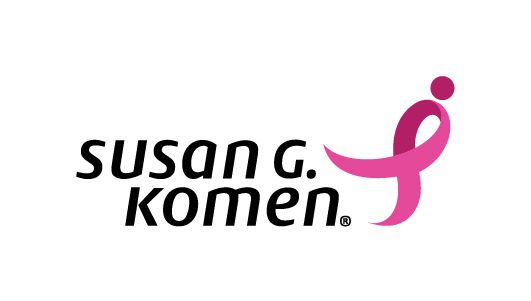
A Patient With Breast Cancer Explains How Her Job Saved Her Life

A woman with stage 2 invasive ductal carcinoma — a type of breast cancer that begins in the milk ducts of the breast — shares how her experience as an employee at a breast cancer research facility helped her push against doctors who minimized her ultrasound findings and how her Ki-67 score informed her treatment choices.
What do you do when your professional training tells you that something might be off with your body, but your doctors disagree?
That’s the position Kate Laseter found herself in last August. As a histology technician — someone who is trained to turn tissue samples into microscopic slides for a pathologist to read for research or diagnostic purposes — Laseter was very diligent with her health. And since she worked for a lab in Golden, Colorado, that specialized in breast cancer research, she noted she was diligent with self-breast exams. She was also well informed about Ki-67, a protein that is expressed when tumor cells divide. A high Ki-67 index indicates aggressive tumor growth. The median Ki-67 score is 15%.
After finding a lump, she tried to get a mammogram but was denied due to her age (she was 29 at the time). When doctors dismissed the findings of her ultrasound and said to wait three to six months to get a biopsy, Laseter had to fight to get it done right away. Eight weeks after finding the lump, Laseter was diagnosed with HER-2 positive stage 2 invasive ductal carcinoma with a grade 3 histological score and a Ki-67 score of 65%.
Of note, grade 3 histological score indicates abnormal cancer cells that may spread more aggressively. After receiving chemotherapy and a double mastectomy, she was declared cancer-free in March 2022.
In today’s episode of the “Cancer Horizons” podcast, the 30-year-old Thornton, Colorado, resident shares her cancer journey, how her job as a histology technician helped guide her through her diagnosis and treatment, the important role Ki-67 scores can play in breast cancer treatment, the significance of self-advocacy as a patient with cancer and more.
For more news on cancer updates, research and education, don’t forget to
To learn more about Ki-67 scoring and how it can affect patients with breast cancer, check out this




